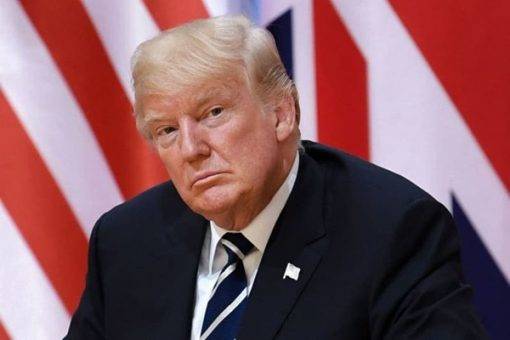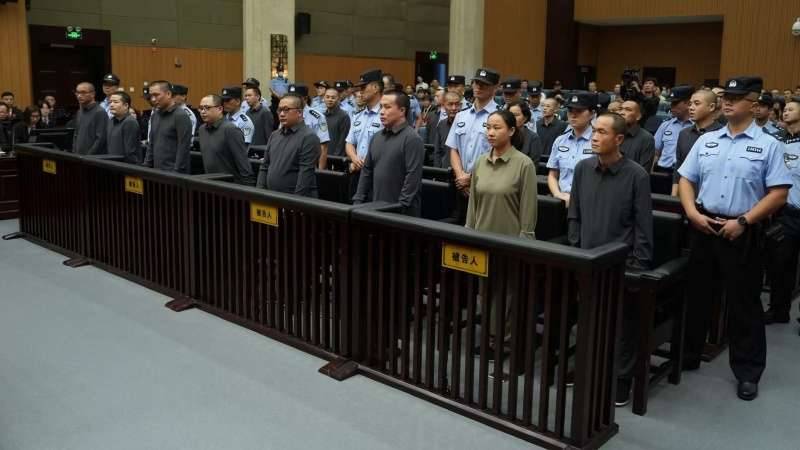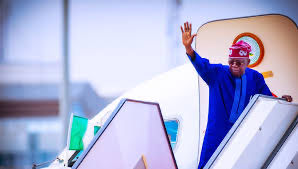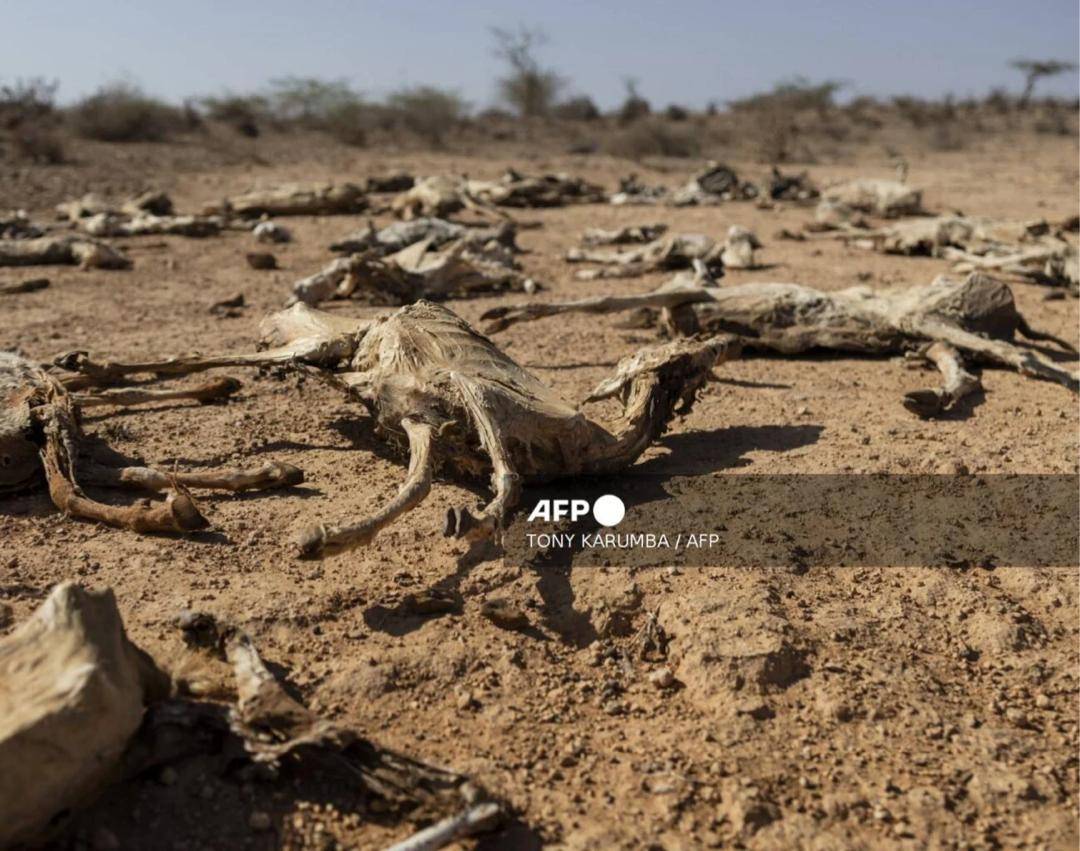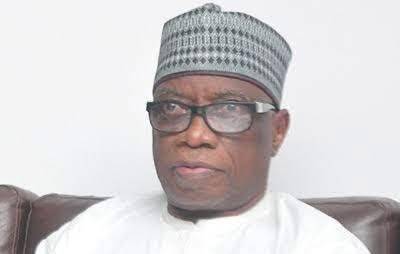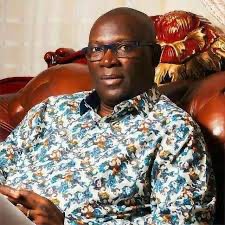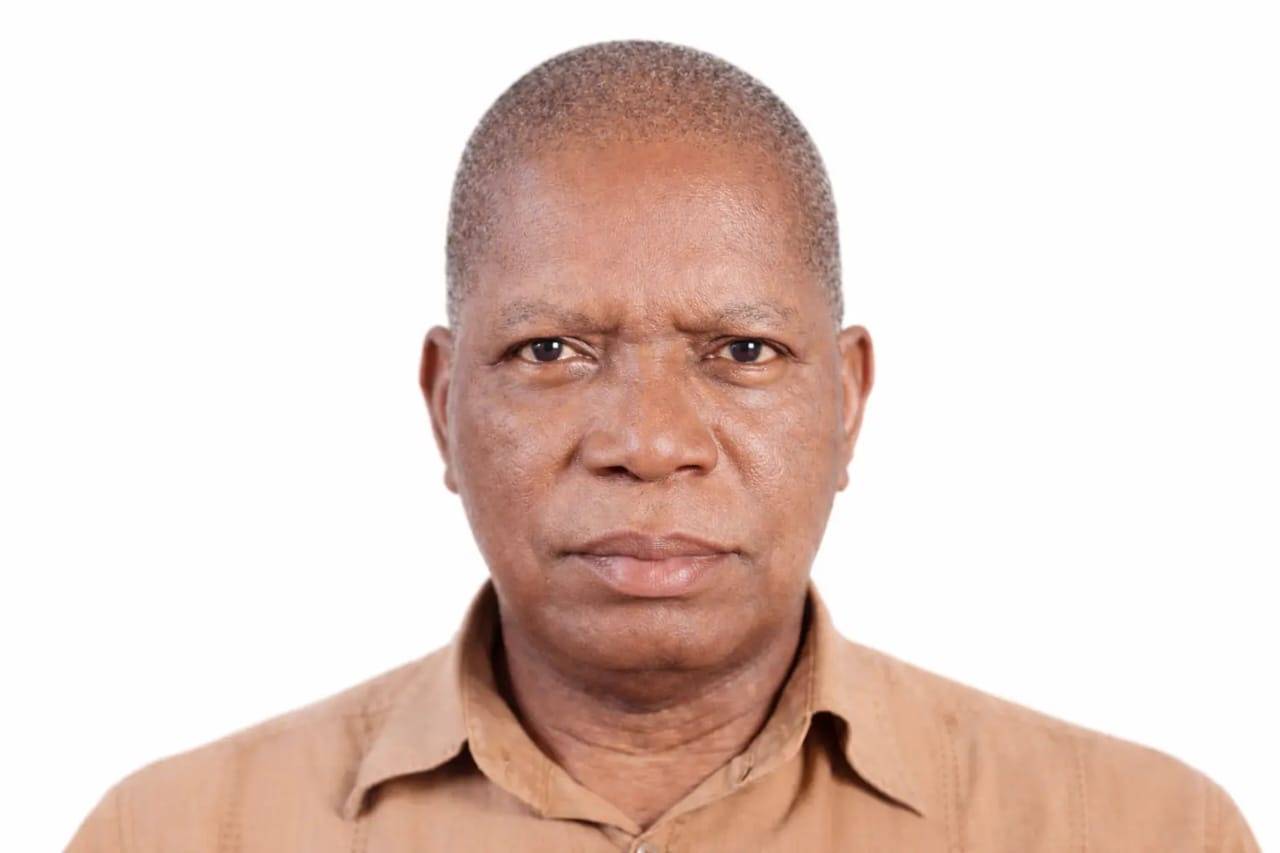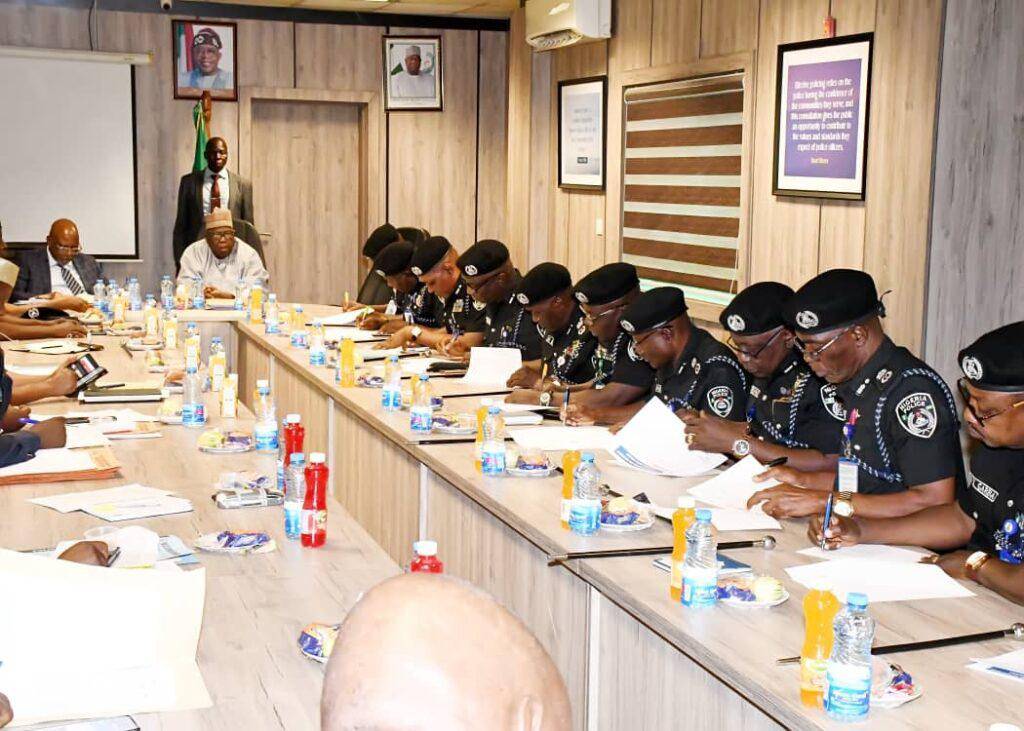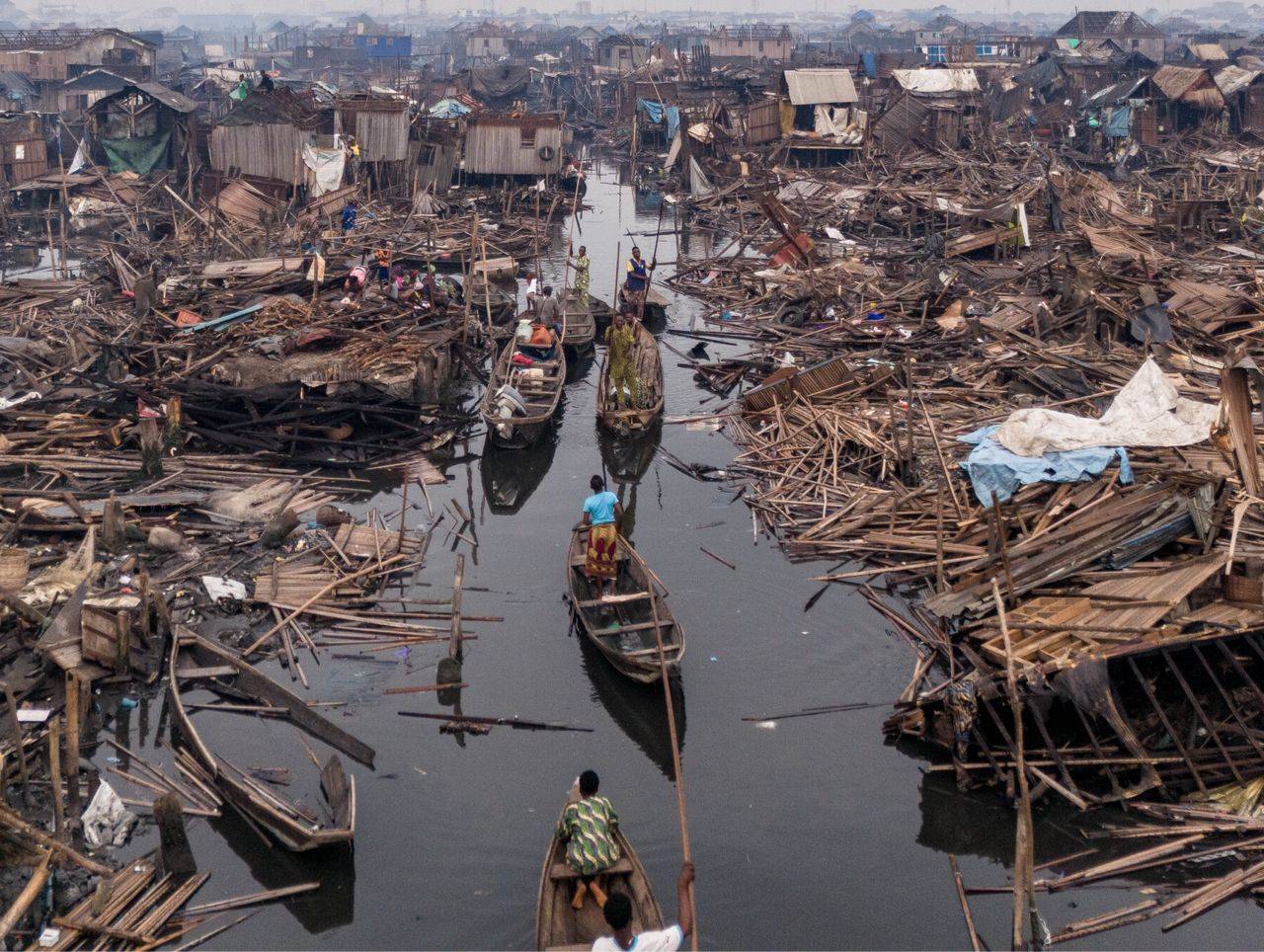By Segun Ayobolu
Two incidents demonstrate the mischief, opportunism, outright falsehood and simplistic self-sabotage often characteristic of the narratives on violence and insecurity in Nigeria, which led the mercurial President Donald Trump to threaten direct military action against Islamic terrorists in the country perpetrating what he described as genocide against Christians. First, is the letter by the leader of the proscribed Indigenous Peoples of Biafra (IPOB), Mazi Nnamdi Kanu, to Trump, portraying himself as a ‘prisoner of conscience’ currently under illegal detention in Nigeria and a victim of the alleged persecution against Christians that the American President is furious about.
Forcibly brought back into the country after he had jumped bail and fled abroad from where he incessantly launched incendiary radio broadcasts and social media posts inciting violence in Nigeria and advocating the balkanization of the country and the creation of the sovereign state of Biafra in the Southeast, acts which constitute crimes against the Nigerian State, Kanu has been on trial since 2020 for treason, incitement to murder and arson among other charges. Last week, the unrelenting publisher and veteran of social protests, Omoyele Sowore, organised a one-day protest against what he described as Kanu’s unduly prolonged trial, calling for the truncation of the Judicial process and the immediate release of the IPOB leader. The free Kanu protests, predictably, did not gain traction.
It did not matter to Sowore that Kanu had explored every trick in the book to stall the trial. Kanu obviously does not want a trial. There are social media posts of him ordering his followers to kill, destroy property, attack security agencies and commit assorted atrocities.
For years, the sit-at-home protests in the Southeast, which he instigated on Mondays, laid the economy of the region prostrate, disrupted the education of school children and led to the deaths of large numbers of people who were murdered for going about their legitimate business on Mondays. His direct incitements and directives from his base abroad played a key role in the violence perpetrated in Lagos during the #EndSARS protests in Lagos in 2020, leading to scores of deaths and the destruction of private and public property estimated at over N2 trillion in the country’s economic capital and commercial nerve centre.
Yet, according to Nigerian law, Kanu remains innocent until proven guilty through Judicial due process. But he refuses to enter his defence, preferring to constitute himself into a court of law and pronouncing ex cathedra that he has no case to answer and should be released immediately. In his letter to Trump, Kanu claims he is being persecuted for his Christian faith.
He calls on the American leader to probe the killings in the Southeast, which he insinuates is an example of genocide against Christians in Nigeria, even when it is militant Igbo separatists who have unleashed violence against fellow Igbos, whom they perceive as not aligning with their cause. Simon Ekpa, the self-styled Prime Minister of the Sovereign Republic of Biafra, is currently serving a six-year jail term in Finland, where he was tried and convicted for inciting destructive violence against Nigeria from that country.
But Kanu’s letter to Trump is instructive. It illustrates the kind of deliberately misleading propaganda against the Nigerian State that prompted Trump to threaten unilateral military action in Nigeria against what he described as the inaction of the Nigerian government to check genocide against Christians in the country. An investigation by the Global Disinformation Unit of the British Broadcasting Corporation (BBC) revealed “how the International Society for Civil Liberties and Rule of Law (Intersociety) and allied Igbo ethnic advocacy groups propagated inflated figures and unverified narratives that have reverberated across international political and religious circles”. Staff of the BBC Global Disinformation Unit, including Olaronke Alo, Chiamaka Enendu and a journalist based in Nigeria, Ijeoma Ndukwe, investigated the origins and credibility of claims that over 125,000 Christians have been killed and 19,000 churches destroyed in Nigeria since 2009.
According to the report, “When contacted by the BBC, Intersociety failed to provide itemised data or verifiable sources to substantiate its casualty claims. Instead, the organisation accused the BBC of being politically compromised.
The BBC’s findings suggest that Intersociety’s methodology lacks transparency and raises serious concerns about the intent behind its reporting. Despite the absence of credible evidence, these claims gained traction in U.S. political discourse, culminating in President Donald Trump labelling Nigeria “a country of particular concern” and threatening military action over what he described as a “Christian genocide”.
Of course, Intersociety and any other interest groups have the right to project their worldview, shape narratives from their perspectives and lobby International public opinion to achieve their objectives. One positive of the Trump threat is that it should prompt the Nigerian authorities to also actively put the other side of the story across so that outsiders can have the necessary facts to undertake a more objective appraisal of the complexities of Nigeria’s social-cultural and religious plurality and the nuanced realities of the country’s security challenges.
Again, effective information management and dissemination outside Nigeria is as critical as within the country in a globalised world. Thus, Trump’s threat is predicated on the assumption that the Tinubu government is either complicit in encouraging ‘Christian genocide’ or not doing anything concrete to rein in violence and insecurity. But as the Minister of Information and National Orientation, Alhaji Mohammed Idris, has pointed out, security agencies under the Tinubu administration have so far killed 13,500 terrorists, arrested about 17,000 suspected terrorists and freed 9,800 victims since 2023.
Even the United States and the United Kingdom commended Nigeria’s security agencies for the arrest and ongoing prosecution of two notorious terrorism suspects, Mahmud Muhammad Usman and Abubakar Abba of the ANSARU terror group.
Scores of notorious bandits’ leaders and hundreds of their foot soldiers across Northern Nigeria have been neutralised in intensified onslaughts against terrorists over the last two years. It would be another positive of the Trump threat if it prompts us to tell the story of these anti-terror successes more effectively, particularly to international audiences from now on. It is also important to continuously make the international community aware of the complex dynamics of violence and insecurity in Nigeria. President Trump has been misled into believing that what is happening in Nigeria is a targeted killing of Christians by Islamic terrorists on a genocidal scale. Yes, Christians have been most affected by the violence in highly populated Christian communities in Benue, Plateau, Taraba and Southern Kaduna.
But in the same vein, Muslims have suffered higher casualties from religious terrorism in such dominant Muslim States as Borno, Katsina, Zamfara, Yobe and Niger States. The conflicts in parts of the North stem from antagonism between Fulani herdsmen and native Hausa communities. In the Southeast, what has been experienced is essentially Igbo-on-Igbo violence as “unknown gunmen” have engaged in the ruthless elimination of their kinsmen who either violate sit-at-home directives or are employed in Nigerian security agencies. But in the final analysis, the Nigerian State must urgently enhance and upgrade its capacity to protect the lives and property of Nigerians irrespective of their faith or ethnicity, as well as maintain the country’s territorial integrity.
For instance, during the confirmation screening of Service Chiefs by the Senate, the Chief of Defence Staff, General Olufemi Oluyede, called for a comprehensive reform of the police to enable it to take care of internal security so as to free the military to focus on external defence. The much-delayed issue of State police must now assume greater urgency. This is not the sole responsibility of President Tinubu. It requires coordinated collaborative effort among state governors, State and national legislators and the presidency. The current over-centralised security architecture must be redesigned to reflect the country’s federal, plural character for greater efficiency and efficacy.
Again, President Tinubu, a few months ago, announced plans to establish and inaugurate the Forest Rangers outfit to safeguard and secure the country’s vast forests. It has become imperative to quickly actualise this initiative, which could be a game-changer, as much of the atrocities committed by terrorists, bandits, and religious extremists revolve around the forests. President Tinubu’s response to Trump’s threat was mature, restrained and statesmanlike despite being firm in refuting allegations of Christian genocide.
The appointment of envoys, especially in key countries, is clearly not an economic drain. It would foster the requisite diplomatic interaction at the highest levels that would prevent potentially catastrophic deterioration in relationships largely caused by avoidable gaps in communication.


